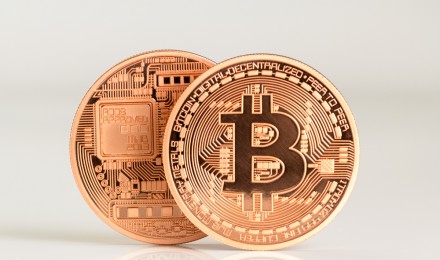Wait a minute! How can a whole country be a Ponzi scheme? Well, I guess that you are correct, in the sense that their factories actually do produce goods and their infrastructure is indeed real. But what if their entire financial structure is based on a foundation that is totally fraudulent. For examples of that, see…well…everywhere. But, what if it goes beyond the shenanigans of banks using derivatives and other financial methods that they clearly did not understand? What if it is an actual honest to goodness, old-fashioned Ponzi scheme? There does seem to be some convincing indications that it might be just that in China. A lot has been written concerning China’s “shadow banking” system and it is generally considered to run something like this:
In a nutshell, the ‘shadow’ banks borrow from China’s state-controlled banks, use the funds to finance construction projects and sell bonds tied to those projects with yields far above bank savings rates.
OK, well unusual in the sense that it is in the “shadows”, but otherwise that is a similar structure to say, a municipality when they issue bonds. The bondholder would get a tax-free rate of return on the construction of a toll bridge for example, and it would generally be above current rates, especially when the tax-free part is brought into the equation. In China however, there is an extra little step that would make even the bluest of blue states uncomfortable (one would hope, at least!):
In true Ponzi scheme fashion, the key here is that the shadow banks use the proceeds from the latest asset sale to pay off investors from prior ventures. “They never sell the assets,” Rickards says. “They sell [new] products and use that money to pay off the old guys.”
That cute system sure would explain all of those reports of overbuilding and “ghost cities” that we’re always hearing about, wouldn’t it? And let’s face it, one doesn’t get to be a “shadow” banker without the approval of the Chinese government. Which is the reason that this Ponzi Scheme story seems all the more plausible, The well connected are making fortunes off the deal (as they do with any Ponzi scheme of course) while the rubes, uh…investors, are relatively happy themselves. After all, you can be sure that the state run media is not debating the merits of the “shadow” banking sector on its business channel.
Naturally, all Ponzi schemes must come to an end, either by running out of new investors or simply just a tiny bit more of the current clients wanting to cash out. China does seem to be aware of the problem and there have been some unpleasant rumbling in their markets as they attempt to tamp down on some of these practices. Is it too late? Probably, as these kind of scams are only really noticeably in trouble near the end of their run. If China is just now beginning to crack down on the practice, you can be sure that there are more than one or two worrying signs. And since it is they themselves, along with their buddies, making all of the money in the scheme you can be sure that they were not looking too hard for problems. So, how will it end? No one can know, of course, but it’s hard to think of a scenario where it’s not really, really, ugly.






